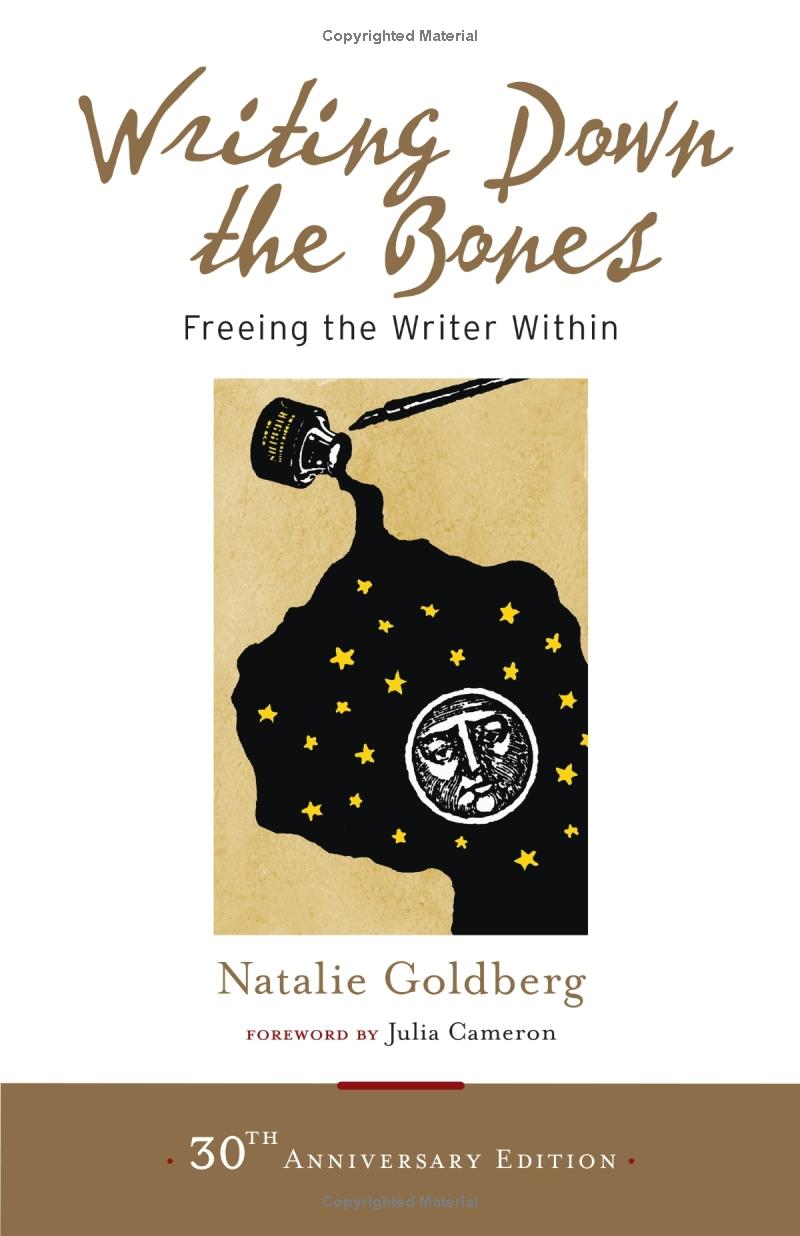Everywhere I look, there they are. Crowding the night stand, filling the fireplace and out in the garage. I’ve got a bad case of The Books. Dozens and dozens of unread books!

OK, there are worse afflictions. Isn’t this what technology is for? An e-reader perhaps? Sometimes but paper books are superior so when I hear, “Can’t you just use a kindle?” it just makes want to buy more.
These problematic piles mostly formed in the last few years when a fresh love for reading and more time indoors caused me to expand my intellectual horizons. I’d seen friends stack up books so I guessed this was my turn. Plus an idea from Umberto Eco worked too well: that the value of a library is in the books you haven’t read.
This at a time when everyone seems to be reading less. In 2021 Americans averaged only 12.6 books a year, down from 15.3 in 1990. Both numbers may sound like a lot, but averages are skewed by big numbers, and according to a Gallup poll book addicts were responsible not only for the bulk of that but also for the decrease.
It’s not hard to imagine why people are reading fewer books. It could be due to completed goals like finishing longer books or exhausting the catalogues of favorite authors. After devouring Peak I was inspired toward development of other activities besides reading. Sometimes knowledge itself can be the culprit.
Then there’s the competition. Books don’t stand a chance against mobile phones, Netflix, and TikTok for easy entertainment. Books also don’t innovate, don’t figure into the attention economy, don’t have a marketing budget or dark patterns or addiction mechanics. That’s why it’s up to those of us who’ve mined the shelves and found prized gems to share why books are worth fighting for.
What follows is a list of ways books can enrich your life followed by some points about the forms a book can take and to be comprehensive, some drawbacks of reading books as well.
Refined entertainment

To start with, books tend to be organized for easy consumption. As you read, a good book has the ability to build a kind of castle in your mind. This construction process doesn’t need to be boring either. Like construction workers goofing off at the job site, a great amount of fun can be had in the process. Comedians obviously write books but even literary authors like David Foster Wallace can nerd out about sentence diagrams with your laughter as a goal.
Take for example a passage about cars. I might refer the act of driving as hitting the road, taking the car for a spin, or going for a cruise. To hold interest it’s normal to change up descriptions but pick on just one of those descriptions and it becomes a sort of inside joke. Maybe this kind of thing happens in other forms but there’s something to the quiet, static nature of text that sets the stage for a subtle tickle.
There also something unique and intimate about book-generated-laughs. Maybe it’s the fun of drawing confused looks, knowing you can’t say you had to be there and that you may not be able to explain it even if you want to.
With video all around us we’ve become desensitized and it can be a struggle to focus on pages of monochrome, motionless words but even at that low level it’s a worthy challenge. The blandness of text frees up the senses so that real magic can happen inside, where anything is possible. A book can prompt your imagination to generate a richer more accurate world than any AI or video game ever could.
Compressed experience
“When people write books they often take 20 years of their life where they passionately did something and condensed that down to 200 pages. That’s kind of fun.” – Jim Keller, American microprocessor architect and avid book reader
As Keller says, books can condense decades of an author’s life down to a handful of hours. Over a few years you can learn from dozens of the smartest, most experienced people in the world, pick up best practices, and dodge many mistakes.
Inspiration
Authors often report that reading cures writer’s block, but books can be useful even earlier in the creative process. They can be used for research or as raw material to update or upon which to improve. As a printer who often needed to fill pages, Ben Franklin honed his skills rewriting poetry as prose and vice-versa.

One form works particularly well for inspiration: books with lots of short, self-contained chapters. If you just need a kick from a new thought or story to carry you through the day, check out Writing Down the Bones by Natalie Goldberg or Your Music and People by Derek Sivers.
If you care less about creative inspiration and crave a challenge you can look toward literary fiction or poetry. Like music, these can take multiple readings, recitations, other books, or even explanatory videos to appreciate.
Books can also be like time machines, transporting you ahead to questions you might only know to ask after some years, then answering them, solving little mysteries that were floating around in your subconscious for who knows how long.
Premium Content
Do you have any favorite books? I call my favorites “Premium Content” and have enjoyed going back to them. For all the time I’ve spent, it’s nice to have this library of books that are worth another visit.
We’re actually lucky
As you see, entertainment, inspiration, and challenge can be found in books. Next we’ll look at some ways we’re privileged as as book readers today.
Convenience
With online bookstores and library apps just a few clicks away, books have never been easier to obtain. In a minute you can download a sample or the whole thing. Gutenberg.net provides tons of classics in a variety of formats for free. Libraries have popped up in many offices and contrary to popular belief, real-life bookstores still exist. Why not start with coffee and browse the shelves?
Reliability and Privacy
Physical books are immune to contractual disputes, network outages and server errors. The same can’t be said for the newer shows created by streaming services that may never exist in physical form. Maybe I’m a luddite about this, but I’m careful not to get too invested in continuous network access.
Physical books also don’t tend to tattle on reading challenges or just what you’ve consumed. In an age where ChatGPT is able to generate text based on a certain library it’s not hard to imagine detailed models of our brains created from what we’ve consumed. This could lead to scary good prediction, almost like mind reading. A lot of our personal thoughts are the result of consumption. Physical media means the surveillance state has to stop at knowledge of my purchase, not what parts I’ve read, seen or underlined.
Not books
Of course it ain’t all roses. Books do have their drawbacks.
Books take a lot of time to read and can be used to procrastinate. Even if an assignment is due, who can deny the magic and value of Shakespeare?
Physical books are heavy and take up space. The cost of interplanetary travel means they won’t be allowed on those Martian vacations.
Sometimes the contents of books are controversial. Some books are scams, a fact one realizes only after some pages. Reviews can help but not always. There’s also the danger that a book might sound smart but be based on lies and nonsense. Caveat lector (reader beware). Just because it’s set out in chapters and hundreds of pages doesn’t make it right.
Conclusion
We should read more books. If you agree, the job is done and it’s time to browse. Hopefully by fleshing it all out, we’re all in a better place to either commit to reading books or make peace with other activities. These books are staying.
If you’d like to see random posts about software, culture, and life, subscribe to the newsletter, or check my linktr.ee, and thank you for reading!
2 thoughts on “Books Are Worth Fighting For”
Comments are closed.
Great piece! As a book lover I was very happy to see your conclusion. You provided some great info and was intrigued by the idea that those who read the most are now reading less!
Thought provoking! I agree with a lot out of the ideas you brought up. Long live books!
Keep up the good work, Dave!!